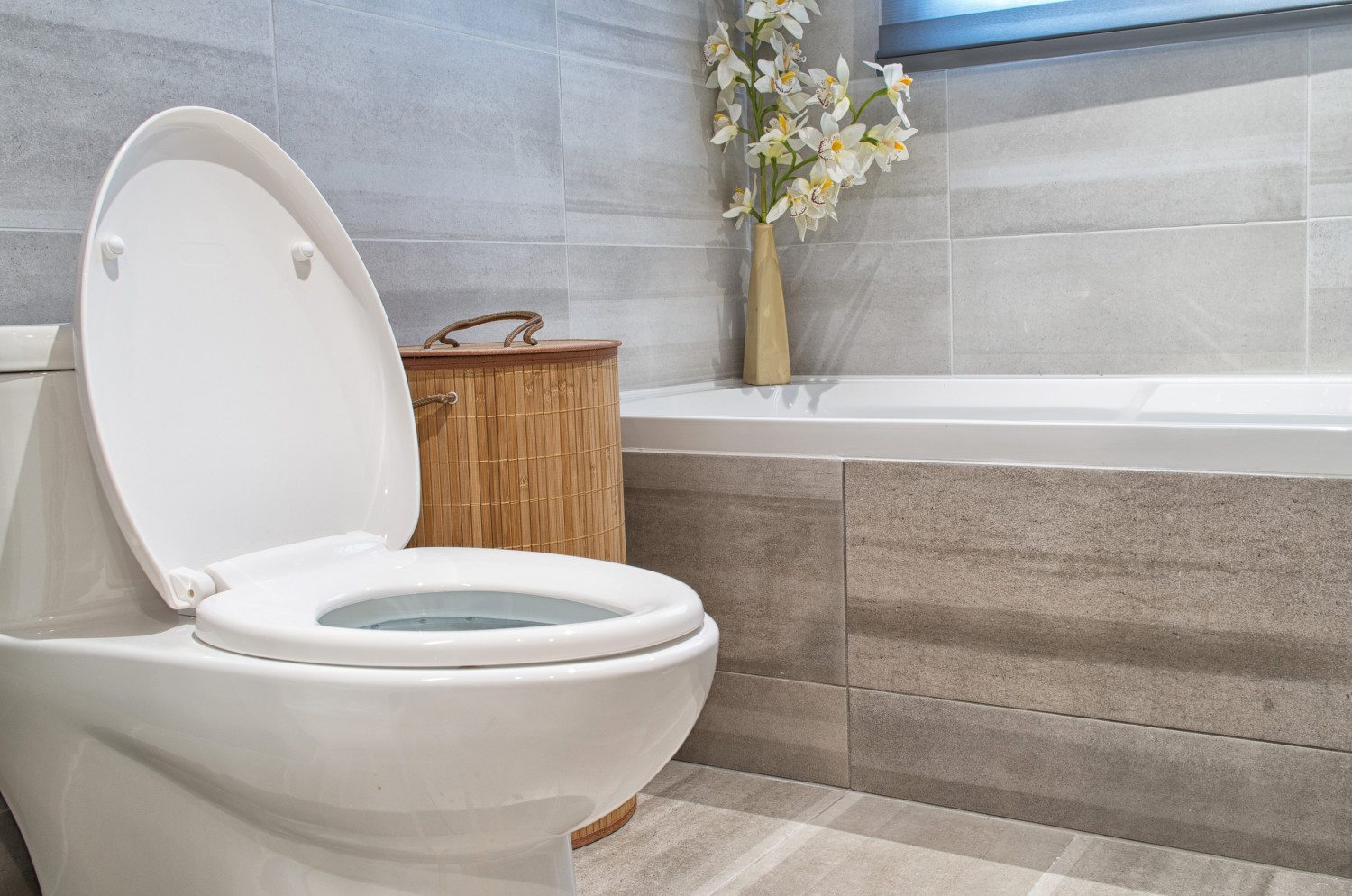The Unexpected Way You Can Alleviate Digestive Issues

Do you suffer from anxiety? Or digestive problems? Or a combination of the two? You’re probably not alone if you answered yes to any of these questions. But if you’re struggling with how to combat either (or both) of these issues, there might be a new way: meditation.
In a column for VICE, author Wendy Wisner described in detail her lifelong struggle with stomach issues. From bouts of constipation to bloating to stress-induced diarrhea, her issues were varied and serious. Everything changed after she had her son—doctors finally diagnosed her with Irritable Bowel Syndrome (IBS).
At the urging of her gastroenterologist, Wisner started making changes to her diet in an attempt to alleviate her frequent bouts of horrifically painful diarrhea. But these changes either did nothing or made Wisner’s symptoms worse.
Eventually, she found the low FODMAP diet, one that eliminates a group of foods called FODMAPs—fermentable short-chain carbohydrates that cause serious stomach issues for many IBS sufferers. But though the low FODMAP diet helped, her digestive issues, and serious anxiety, still persisted.
And it was a vicious cycle. Wisner would frequently psych herself into a bout of the runs simply because she was worried it would happen.
This is because the connection between your brain and your gut is incredibly strong. “In fact, some have gone so far as to say that there is a second brain in your gut,” Wisner writes. Scientists refer to this brain in your stomach as the enteric nervous system (ENS). The gut responds to emotional stimuli in the same way your brain does, except it comes to the surface as actual, physical, deeply unpleasant symptoms in your digestive system. Some even theorize that your ENS can directly affect your actual brain, which could explain the connection between IBS and anxiety or depression.
And it wasn’t just Wisner who was caught in an awful cycle of mental and, subsequently, digestive distress. According to Christopher Willard, a lecturer of psychiatry at Harvard Medical School, and author of “Growing Up Mindful,” that cycle of stress is common for IBS sufferers.
After Wisner shared these findings with a psychologist friend, she was encouraged to try meditation. Having suffered from anxiety her whole life, Wisner had previously dipped her toes into the waters of meditation, but it had never stuck.
Finally, she downloaded an app called “Simply Being” ($1.99 from the app store, by Meditation Oasis). The app had options for 5-, 10-, 20- and 30-minute meditations, and Wisner chose a five-minute one. Slowly but surely, Wisner developed a meditation habit, not trying to do it perfectly, but rather just trying to practice mindfulness for five minutes a day.
And it started having real results.
According to a pilot study from 2015 that studied the effects of meditation on IBS symptoms, researchers found that it only took nine weeks of meditating for participants to have serious reductions in their symptoms. Though it took Wisner significantly longer to notice any real difference in her own IBS symptoms, she did find she was simply less stressed overall.
“Less likely to panic over the little things in my life, as well as the rumbles and punches that happened in my gut,” she wrote. “This, in turn, made my bouts of stress-induced IBS less frequent.”
So how—and why—does this work?
“One way certain meditations ‘work’ is by inducing the relaxation response, which effectively gets the body out of the fight/flight response to stresses,” Willard told Wisner. When the body is in a state of stress, it’s “prepping for short-term, rather than long-term survival, which shuts off energy to the digestive system and the immune system.” And this causes some of the IBS symptoms.
Five years later, Wisner is still meditating and still reaping the rewards. While she still suffers from IBS symptoms to an extent and has to ensure her diet remains free of FODMAP foods, it’s a whole new world of not being chained to the toilet. So if you suffer from stomach problems, try deep breathing before you reach for the Pepto Bismol.






